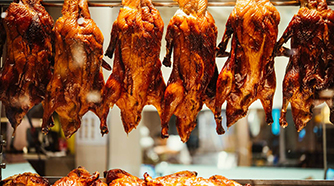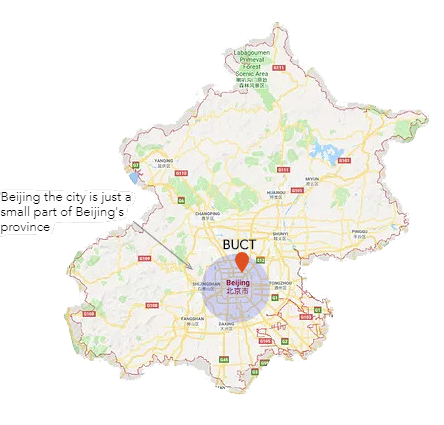
Located in the country's northern region, Beijing is the capital city of China and is home to approximately 21 million people. The city is the perfect blend of old meets new, with modern skyscrapers and technology co-existing with traditional shop houses and narrow alleyways. With 7 UNESCO heritage sites in one city, this is one place rooted in history and culture. Immerse yourself in the Chinese culture, but be sure to keep up with the technological advances; no one uses cash these days. Why not pursue world-class education whilst exploring this charming city?

The university campuses are located within central Beijing, so exploring the city is very convenient. These are the main forms of recommended transportation:
Subway
Bus
Taxi (most are hailed on an app called Didi)
Walking
Cycling (Ofo, Mobike and many others)
We do not recommend these as they are not as safe and will overcharge you:
Unlicensed taxis
Trishaws
Beijing is home to 7 UNESCO world heritage sites, which is fitting for a city that boasts a history of over 5000 years. Some of these are include the famous Great Wall of China and the Forbidden City, but there are other lesser known sites amongst these. Some of these journeys make for a perfect weekend getaway, but others such as the Forbidden City and Temple of Heaven are but a short subway ride away from the university.
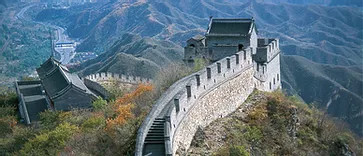
The Great Wall of China
Forbidden City
Temple of Heaven
Summer Palace
Imperial Tombs of the Ming and Qing Dynasties
The Grand Canal
Peking Man in ZhouKouDian
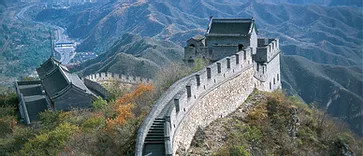
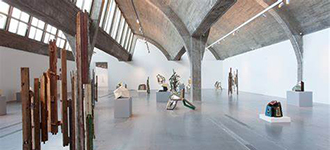
Besides these sites of historical and cultural importance, Beijing is filled with numerous other attractions. From redeveloped traditional alleyways (such as the Nan Luo Gu Xiang area) to art districts (798 Art Zone) and even a bustling nightlife scene (San Li Tun area), we gurantee you will never run out of things to do in this city.
For more details on tourist attractions, see here.
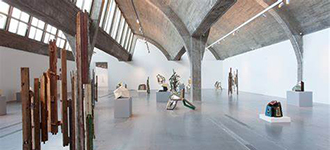
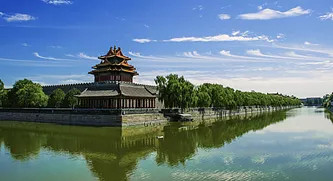
Parks and gardens here are simply spectacular. Small public parks dot the city; here you can enjoy your morning jog while watching the elderly work out in groups to their favourite Chinese songs, practise Tai Chi moves, and play classical Chinese instrument. There are also a number of well preserved ancient Chinese gardens that are also tourist hot-spots, and the landscaping in these gardens are truly breathtaking. For the more adventurous, massive forest areas remain on the outskirts of the city. These are protected and form public parks that you can spend a day hiking.
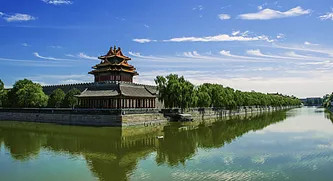
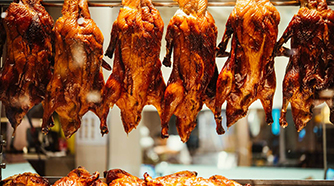
Chinese cuisine is one of the finest in the world. With a population of over a billion people and hundreds of different cities and provinces, Chinese cuisine covers a wide range of flavours and tastes, making use of the large varieties of local ingredients. Try Beijing's local specialties which include big dishes such as roasted duck and hotpot, or go for snacks such as chinese pancake (jian bing) or the local's favourite sweetened yoghurt drink.
